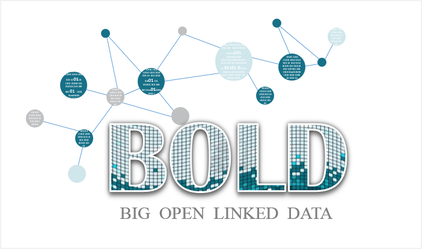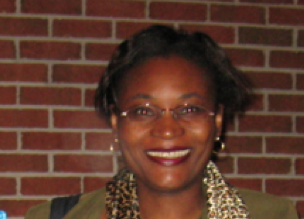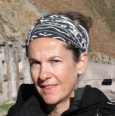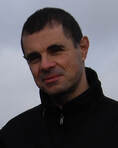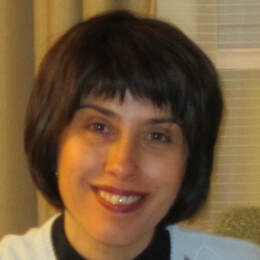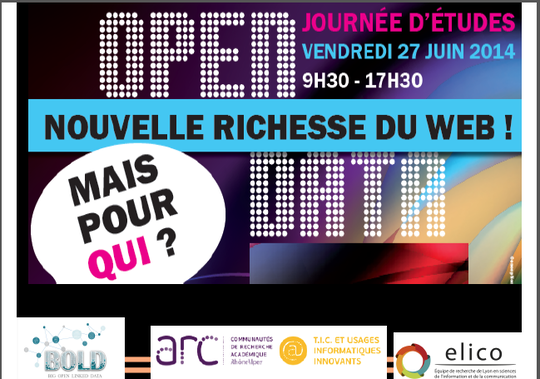Project aims
|
The opening of public data can become a real vector of transformation for the organizations that seize it, and the initiatives of OD are multiplying. Many public organizations (government sites, cities, communities) have published hundreds of thousands of public data. However, their use poses a problem because the opening of data is not an end in itself. You have to know what you want to do with them, and anticipate their conditions of use. Many questions then arise for public actors: What data to open? With what means? In what conditions ? In what formats? How can we ensure that the opening of public data benefits the greatest number? How to involve citizens and civil society in data opening projects and in their use? Who are the real "mediators" of Open Data? The first approach consists in identifying the data, their sources, before knowing how to analyze and understand them, to then carry out infographic presentations or visualization of the information so that the users can also act, ie say being co-producers and users of data by transforming it into useful information. Here we propose to initiate a large-scale project, made up of several scientific actions (see DO mornings and the FUI project) by setting up a central and common tool: an observatory. This national observatory on OD initiatives will be an important resource available to stakeholders concerned with Open Data in a spirit of pooling and capitalizing on knowledge, actions and the field. This should translate into considerable time savings both for public administrations, associations and businesses, which will have a common window there instead of searching the Internet for the various Open data resources. Faced with the multiplication of OD initiatives, the creation of an observatory is proving to be a necessity both for the actors who open their data as for those who use it and, to date, nothing like it exists. in France.
Unlike the national portal on open data (data.gouv.fr site) which lists and gives access only to public data sets released in France, in particular to data emanating from public state bodies, the observatory that we propose to create would aim to provide : 1) a map of open data actors (who does what?) By identifying the types of actors (public bodies, local and regional authorities, NGOs, associations, citizens' collectives, economic actors ... and the relationships they verify. 2. a map of public data released in France since 2011 and in the partner country of this project (Brazil); 3. a characterisation of accessible public data (types of data, formats, what content, what uses and users?) 4. a map of new products and applications from open data and offered by third parties (individuals, associations, private companies, ... The BOLD project was funded by the University of Lyon 3 for 1 year (2013-2014). |
Partners
Fidelia Ibekwe, ELICO, University of Lyon 3. PI
Katia Lobre-Lebraty & Fabrice Lebraty, IAE, University of Lyon 3
Maria-Cristina Ferreira, University of Sao Paolo, Brazil
|
BOLD Workshop 27 june 2014, ISH, Lyon
The workshop was a culmination of the work carried out during the BOLD project.
